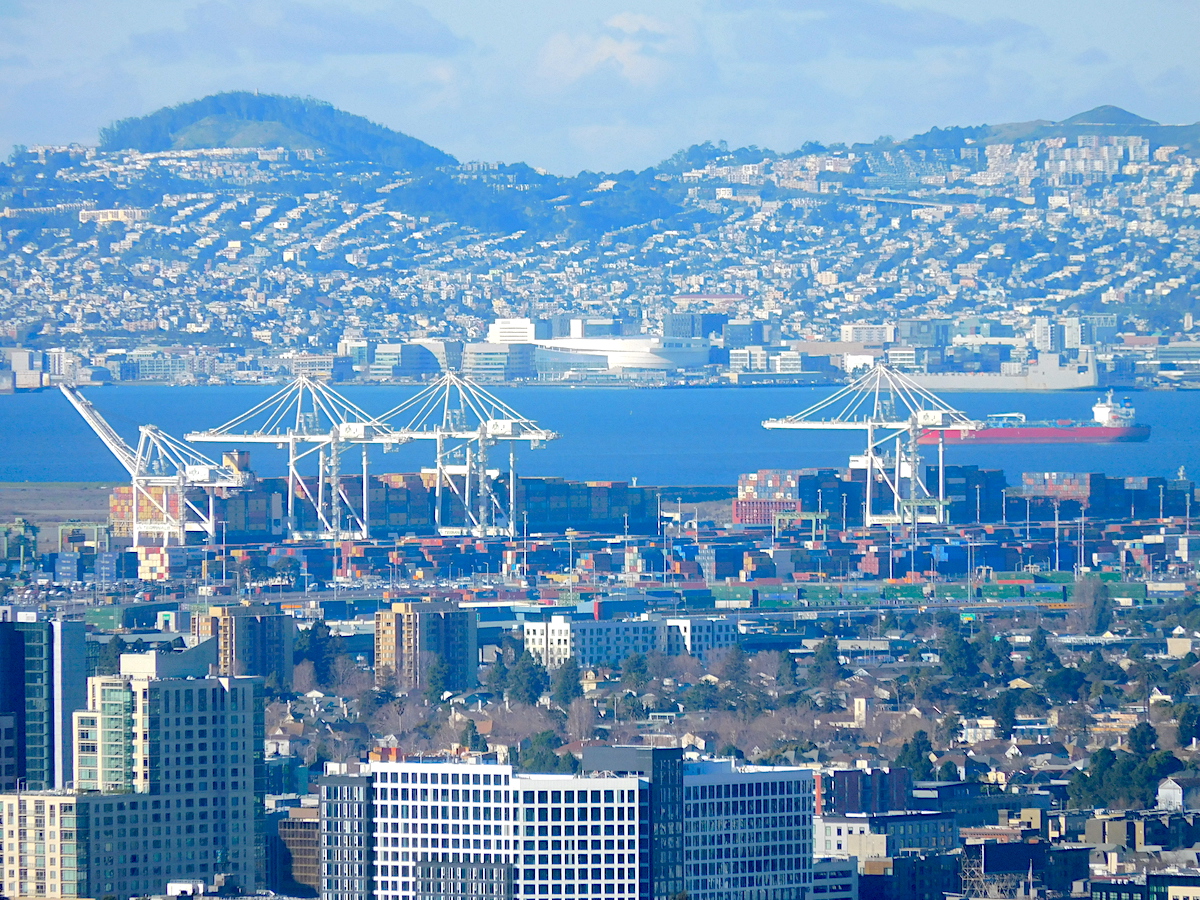The city of Oakland, several East Bay cities, and two utility districts were found in violation of prior settlement terms by the Environmental Protection Agency for releasing untreated sewage into the San Francisco Bay. The violations are from incidents that occurred between June 2021 and June 2023 and total over $370,000 in penalties across the entities.
Oakland faced the highest penalty of the group, being fined $278,200 for “failure to prevent 67 sanitary sewer overflows from reaching waters.” The other cities and districts facing fines ranging from $200 to $28,000 are East Bay Municipal Utility District, Stege Sanitary District, and the cities of Piedmont, Alameda, Albany, and Berkeley.
The fines are related to a 2014 Clean Water Act settlement in which EBMUD and seven East Bay cities paid $1.5 million in civil penalties for prior sewage discharges. The Clean Water Act, which was passed in 1972, guarantees Americans the right to clean waterways that support healthy ecosystems and are safe to use.
As part of the 2014 settlement, the cities and districts agreed to upgrade their interconnected sewer systems by 2036. According to the EPA, as a result, 114 miles of the 1,600-mile-long sewer system have been rehabilitated or replaced.
“These East Bay cities and utilities made commitments to upgrade aging sewer infrastructure, which is a necessary step for protecting the waters of San Francisco Bay and surrounding communities,” said EPA Pacific Southwest Regional Administrator Martha Guzman. “We’re taking this action to ensure they live up to those commitments.”
Wastewater overflow violations can occur if aging infrastructure is overwhelmed by an influx of stormwater, if a drain becomes clogged, or if a pipe is broken. Once this occurs untreated sewage can leak out and flow directly into the bay’s water.
“When you have sanitary sewer overflows, it impacts the water quality in the bay. It makes it so that people can’t swim. It impacts wildlife and just overall the health of the bay,” said Amy Miller, the director of the EPA Region 9’s Enforcement and Compliance Assurance Division. “The bay is such an important component of our community here—we are called the ‘Bay Area’—and sewer overflows are, again, just public health and an environmental issue.”
The EPA works in partnership with East Bay cities to ensure that they can comply with the 2014 agreement. Cities are monitored on a yearly to biyearly basis to check in on their progress. The scope of the required improvements to each city’s sewer system depends on the city’s size and scale.
Miller emphasized that this issue is not unique to East Bay cities. Recently, the EPA reached an agreement with the city of Los Angeles to complete wastewater management improvements to its Hyperion Water Reclamation Plant. In Arizona, the Navajo Tribal Utility Authority reached a similar agreement to conduct $100 million in wastewater improvements at three of its facilities.
According to Miller, proper wastewater management is fundamental to keeping cities and surrounding ecosystems healthy.
“Wastewater is such an important piece of a city, and the investment is really crucial to protecting public health in the environment. There’s a lot of work underway,” said Miller. “But there’s still much more work to be done.”

